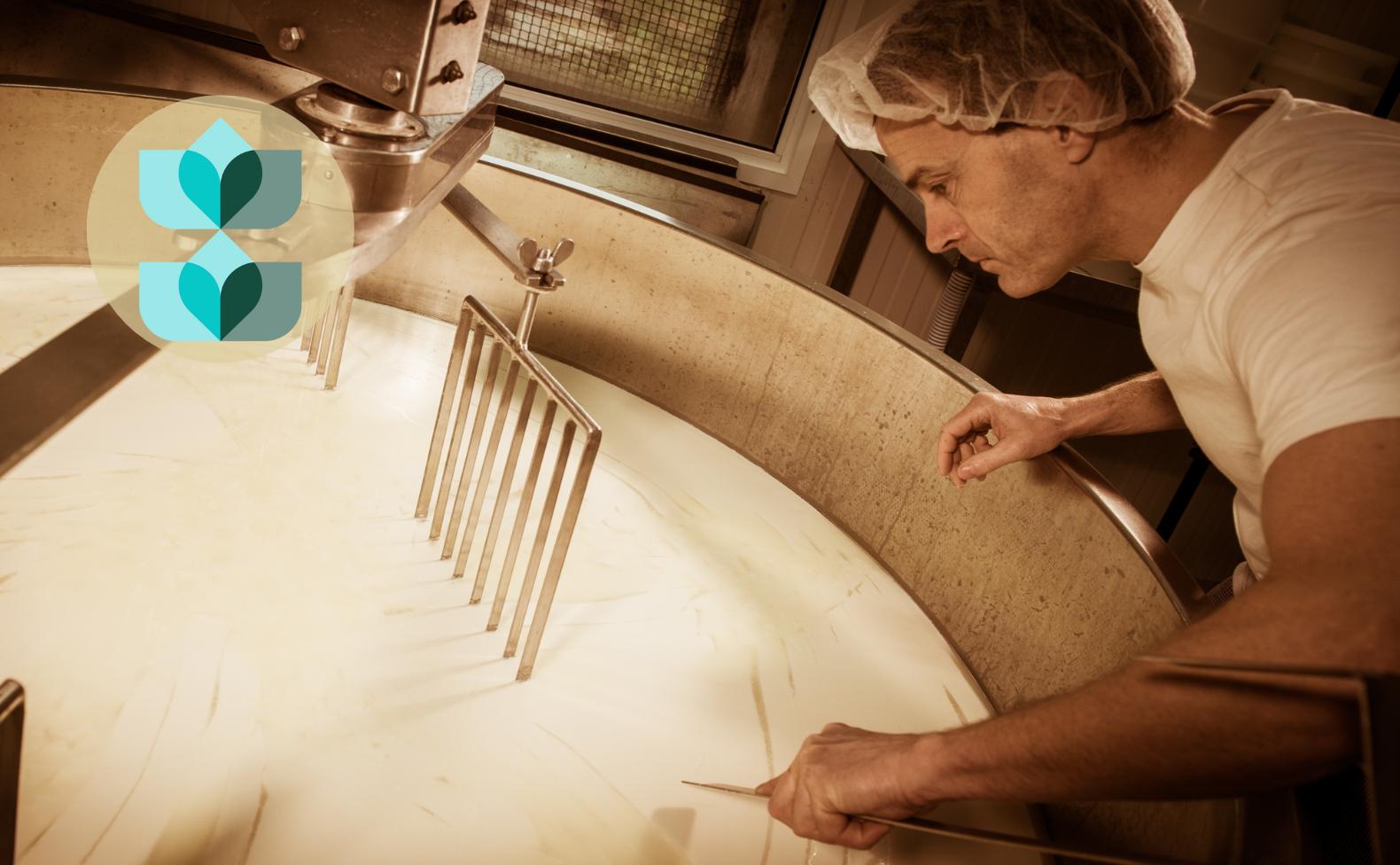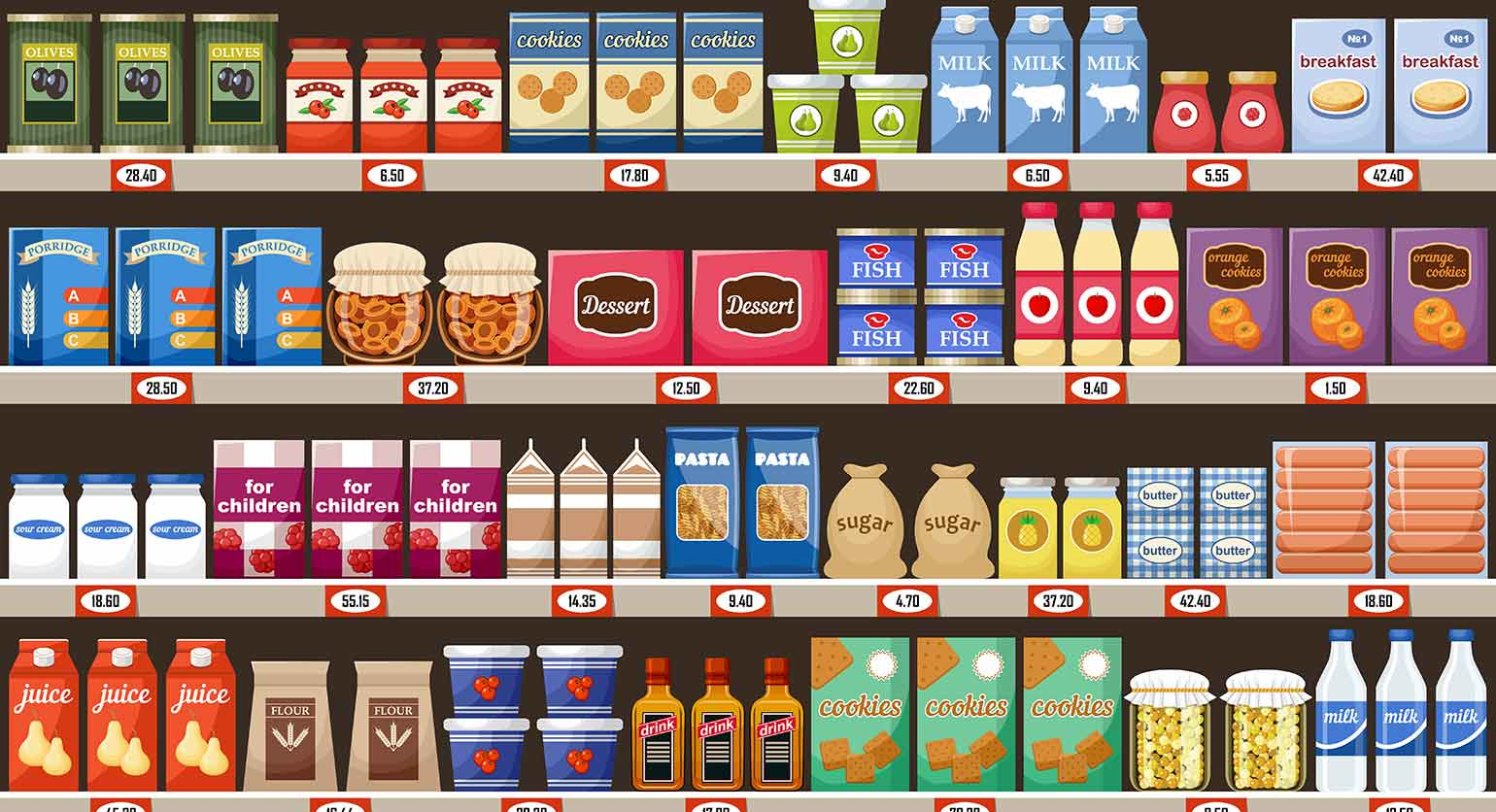Introduction
In today's rapidly evolving food industry, businesses are seeking sustainable options to fulfill the growing need for quality food products while decreasing their ecological impact. Contract food manufacturing has become a sensible alternative for firms looking to outsource their production requires while preserving control over product advancement and also quality control. This article explores the principle of contract food manufacturing in Australia as well as its duty in advertising sustainability within the food industry.
The Surge of Contract Food Manufacturing in Australia
Understanding Agreement Food Manufacturing
Contract food manufacturing is a critical collaboration in between a brand owner as well as a contract manufacturer, where the last produces products on behalf of the previous. This plan allows brand proprietors to focus on advertising, item development, and distribution while leveraging the know-how as well as sources of specialized agreement manufacturers.
Benefits of Contract Food Manufacturing
Cost Performance: Contract food manufacturing gets rid of the need for significant capital investments in facilities, tools, and workforce. This cost-saving action enables brand names to allocate their resources towards various other vital locations of company growth. Scalability: As demand for a particular item fluctuates, agreement makers can promptly adjust manufacturing levels to accommodate market requirements. This flexibility makes sure that brands can meet customer demand without excess inventory or wastage. Expertise as well as Advancement: Contract makers frequently possess extensive understanding and experience in particular food categories or processes. By collaborating with these experts, brands can use their creative thinking as well as harness ingenious remedies for item growth and also improvement. Quality Guarantee: With strict quality assurance steps in position, agreement manufacturers stick to industry standards and also regulatory demands. This commitment to quality ensures that brands provide risk-free and also high-grade items to customers consistently. Supply Chain Management: Contract food manufacturing streamlines the supply chain by consolidating manufacturing, product packaging, labeling, and also circulation under one roofing. This incorporated strategy decreases logistical complexities and also boosts overall operational efficiency.The Environmental Influence of Agreement Food Manufacturing
Reducing Carbon Footprint
Contract food production provides opportunities to lower the ecological influence of food manufacturing with different ways:
Efficient Source Use: Contract producers maximize source consumption by implementing energy-saving practices, lessening water usage, and also lowering waste generation. These sustainable measures add to a lower carbon footprint across the whole production process. Locally Sourced Components: By sourcing active ingredients from neighborhood distributors, contract manufacturers decrease transportation distances as well as connected emissions. This technique sustains regional economic climates while advertising sustainability within the supply chain. contract food manufacturing gold coast Eco-Friendly Product packaging: Contract food suppliers emphasize the use of eco-friendly packaging products, such as biodegradable or recyclable alternatives. This commitment to lasting packaging minimizes waste and cultivates accountable consumption.Embracing Sustainable Energy
Contract food producing centers in Australia are increasingly embracing renewable energy sources to power their procedures. Solar panels, wind generators, and also other tidy power services help in reducing reliance on nonrenewable fuel sources as well as add to a greener future for the industry.

Addressing Sustainability Obstacles in Contract Food Manufacturing
Waste Management and also Recycling Initiatives
Contract food manufacturers focus on waste management through comprehensive recycling programs as well as waste decrease techniques. By carrying out effective waste segregation systems, business can draw away substantial amounts of waste from land fills as well as promote a circular economy.


Water Conservation Measures
Water shortage is a global concern, as well as contract food suppliers play their part in addressing this difficulty. Firms buy water-saving innovations, such as sophisticated filtering systems and also water reuse efforts, to lessen their freshwater consumption.
Collaboration with Sustainable Suppliers
Contract food manufacturers actively seek collaborations with providers committed to sustainable techniques. By prioritizing eco mindful vendors, these companies ensure that their entire supply chain lines up with sustainability goals.
FAQs
What is contract food manufacturing? Contract food manufacturing describes the outsourcing of food production to specialized suppliers who produce products on behalf of brand owners.
How can contract food manufacturing advantage companies? Contract food manufacturing uses cost efficiency, scalability, competence, as well as quality assurance to brands seeking to concentrate on advertising and distribution.
How does contract food manufacturing promote sustainability? By maximizing resource use, welcoming renewable energy, and executing waste monitoring as well as recycling initiatives, contract food manufacturing reduces its ecological impact.
What are some sustainable product packaging alternatives in contract food manufacturing? Eco-friendly packaging products such as eco-friendly or recyclable alternatives are commonly made use of in contract food manufacturing to lower waste.
How do agreement food suppliers save water? Contract food suppliers buy water-saving innovations and carry out water reuse efforts to lessen their freshwater consumption.
What duty does cooperation with sustainable vendors play in contract food manufacturing? By partnering with ecologically conscious providers, contract food makers make sure that their whole supply chain aligns with sustainability goals.
Conclusion
Contract food manufacturing provides a lasting service for companies seeking to meet the growing need for quality foodstuff while decreasing their ecological effect. By leveraging the know-how of customized producers and also embracing environment-friendly methods, brand names can contribute to a greener future for the Australian food sector. Accepting sustainability not just benefits the environment but likewise boosts brand name track record and also consumer rely on a significantly mindful market.